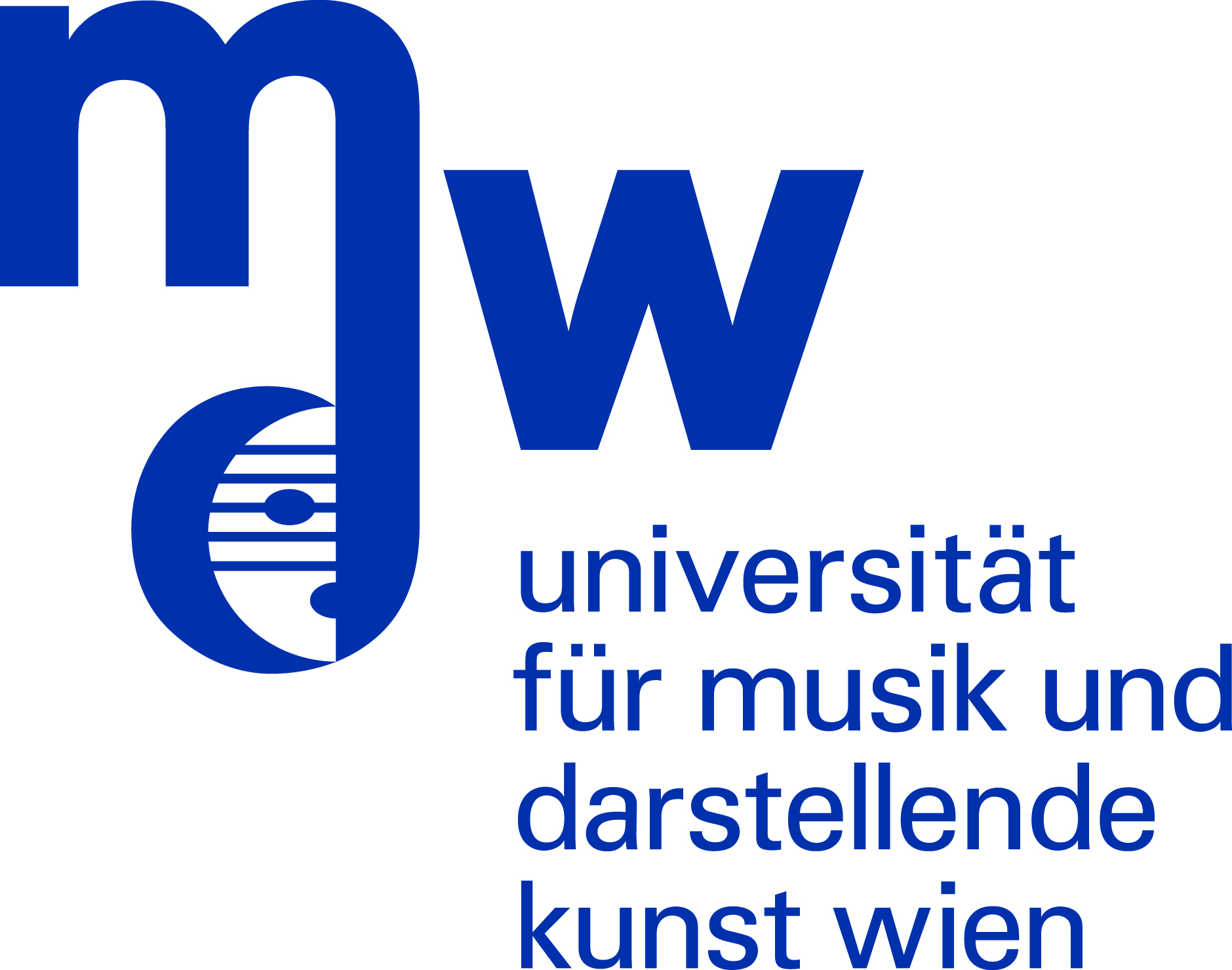Bachelor’s Program
The aim of the bachelor’s program is not merely to train students to operate a camera, but to enable them to create visually, photographically and narratively with an understanding of dramaturgy — to think in pictures and to see these pictures materialize in the complex process of film production. Students learn the fundamental technical and artistic principles of camera work as well as the basics of lighting design. They also acquire fundamental knowledge of each of the methods of image recording used and of the carriers involved, and are taught the relevant film-lab and post-prodution processes.
Training in the bachelor’s program targets professional employment as camera assistant, digital image technician, crew camera operator, 2nd-unit camera operator and corporate film camera operator.
Master’s Program
The aim of the master’s program in Camera Technology and Cinematography is to enable students to give more depth to “storytelling” with pictures and to bring emotion and authenticity into their own cinematic art. Technical and artistic skills are combined, and ample practice is gained in meeting the tecnical challenges posed by image recording, so that the language of pictures is no longer hampered by technical obstacles. In the master’s program, particular attention is paid to lighting design.
Training in the master’s program aims at further developing the artistic and technical skills acquired in the course of the bachelor’s program, and which, by definition, belong to the professional profile of cameraman/camerawoman, who must be able to work closely with the director and crew in order to achieve creative image design.

